Computational Materials Physics
Simulation is one of the major theoretical tools we use for the understanding of complex physical systems. Research activities include the application of advanced computational methods to the study of molecular materials in both the solid and liquid state.
Methods used include electronic structure methods such as density functional theory (DFT) and classical and ab initio molecular dynamics simulations. Additionally, there has in recent years been a shift away from purely equilibrium problems (calculating partition functions or Schrödinger energy levels) to working on systems that are out of equilibrium.
Examples include soft matter systems such as colloids that are subjected to shearing; here exotic phenomena such as jamming and rheological chaos are seen. Likewise a fluid of mixed contents shows complex phenomena when subjected to a steady chemical potential gradient - this arises in drying, dissolution and mixing processes. In quantum-mechanical simulations of solid state phases the non-equilibrium dynamics of defects, such as grain boundaries, plays an increasing role, and first-principles molecular dynamics of molecules at surfaces addresses the kinetics of adsorption, desorption, and catalysis.
Researchers
Anna Toth

- University of Edinburgh
Contact details
Associates
Mike Cates (FRS FRSE)

- University of Cambridge
Contact details
Enzo Orlandini

- University of Padua
- National Institute for Nuclear Physics
Contact details
- Email: orlandini@pd.infn.it
Affiliates
PhD Students
Christian Loach

Contact details
- Email: s1355587@sms.ed.ac.uk
Toby Searle

Contact details
- Email: t.w.searle@sms.ed.ac.uk
Alumni
Freya Bull

- University of Edinburgh

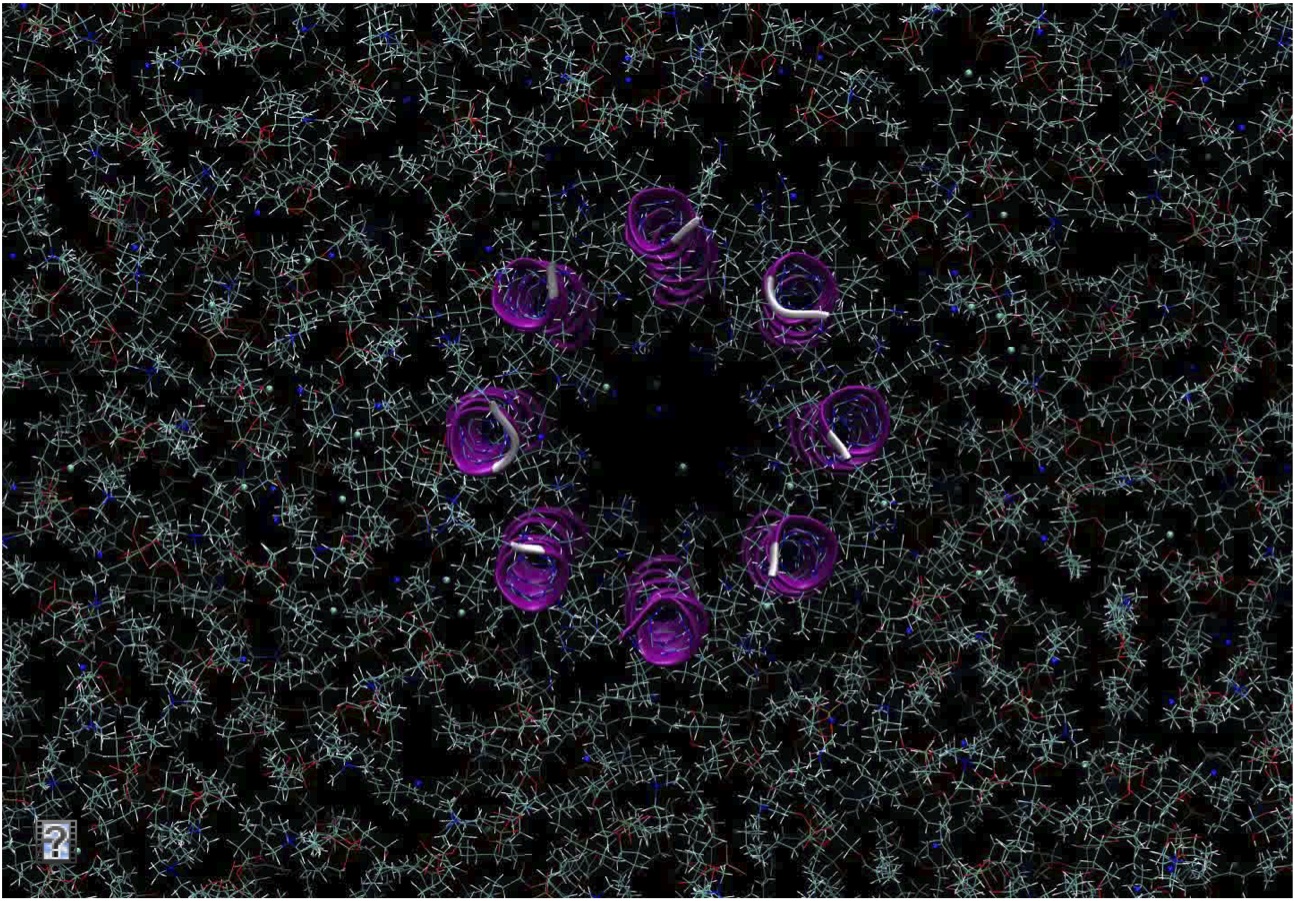
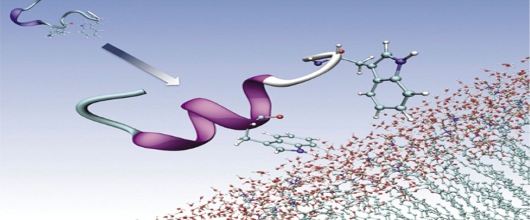
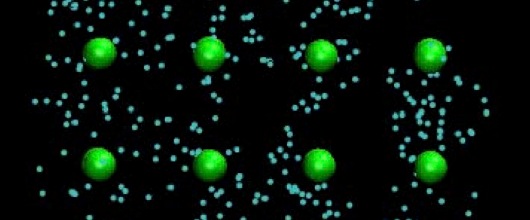
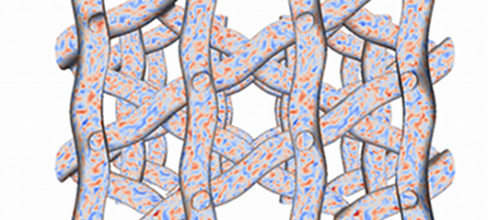





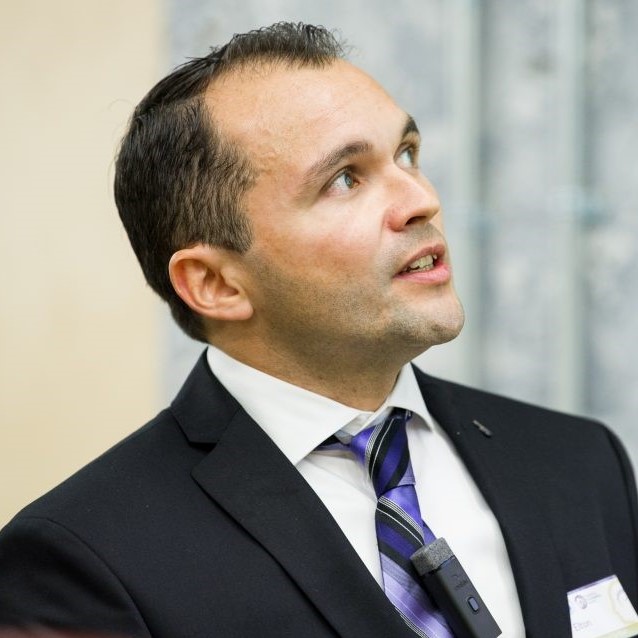
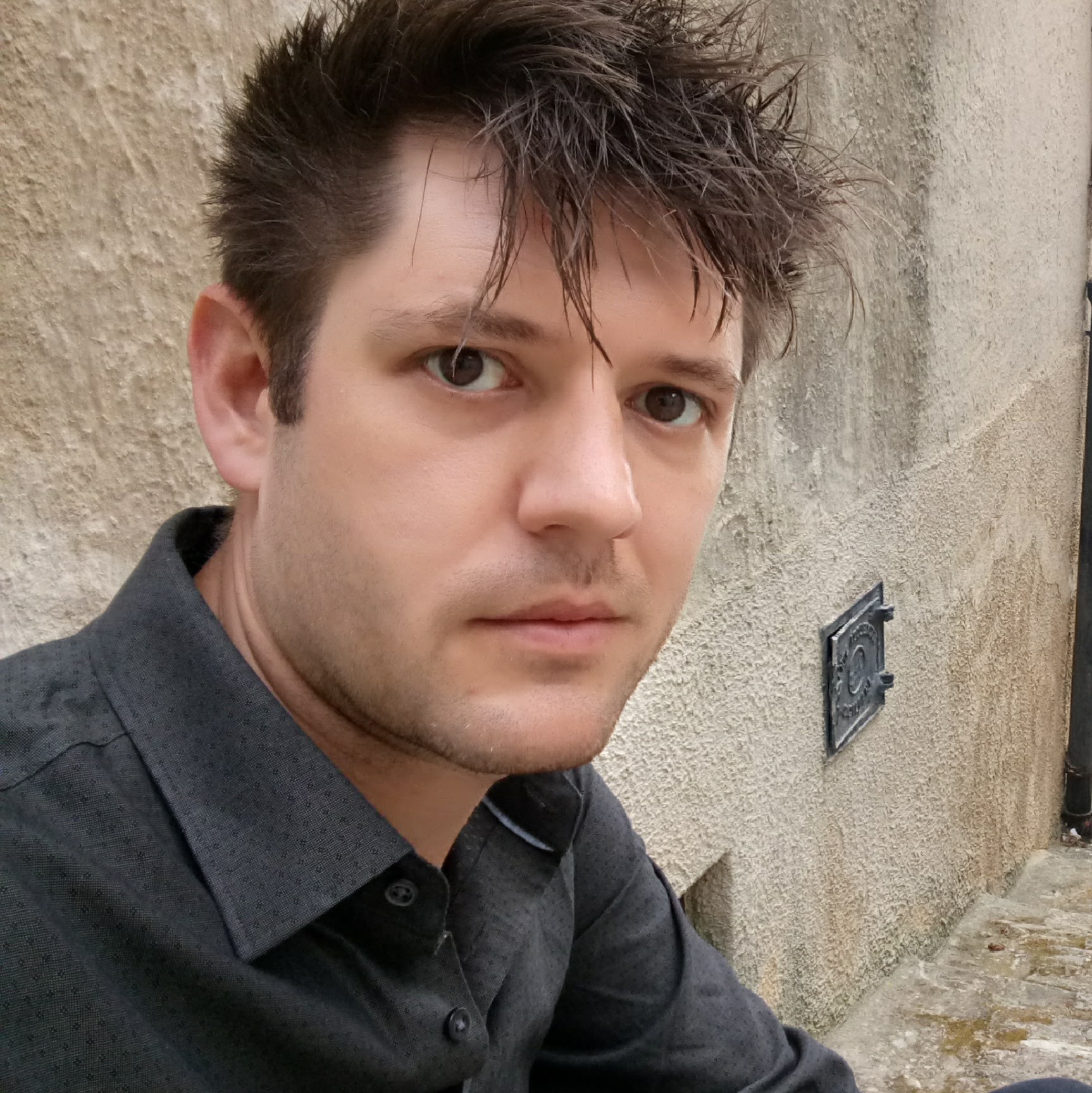










Find us on social media:
TwitterFacebookYouTube